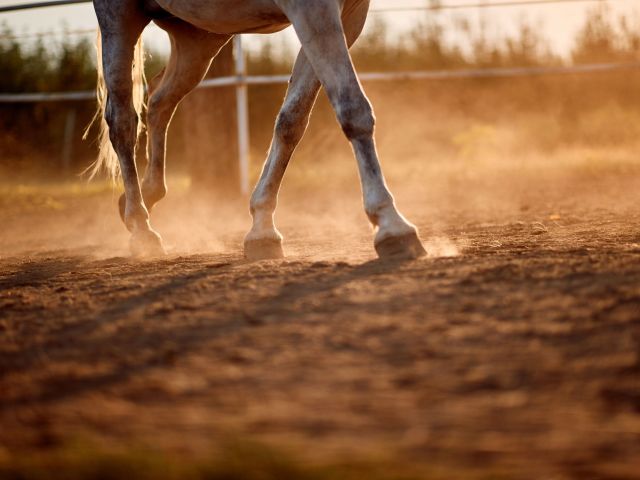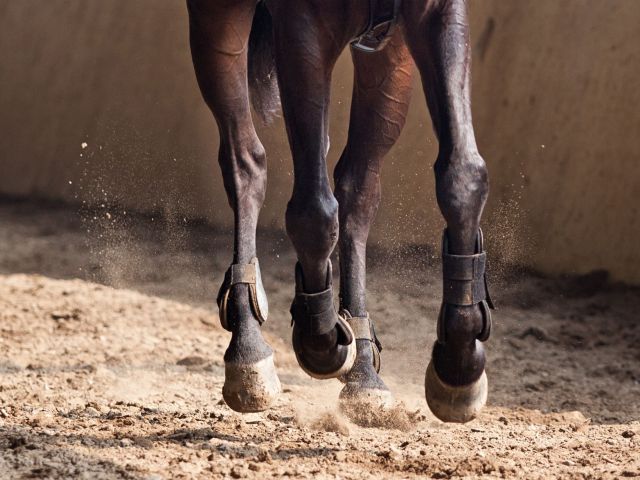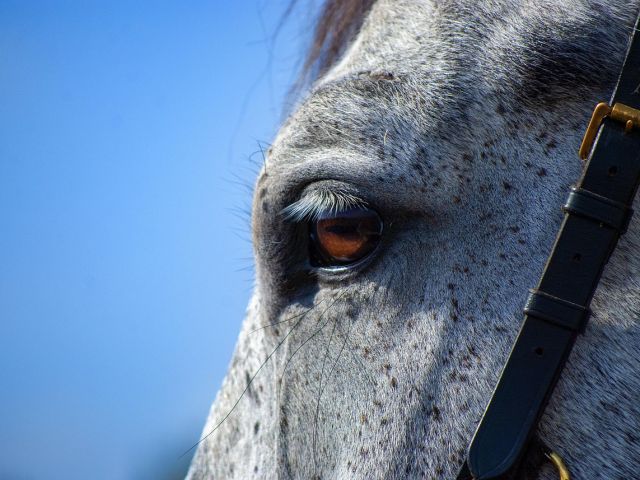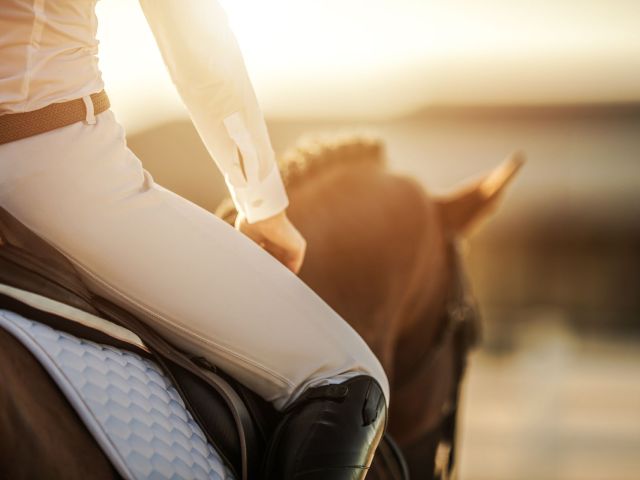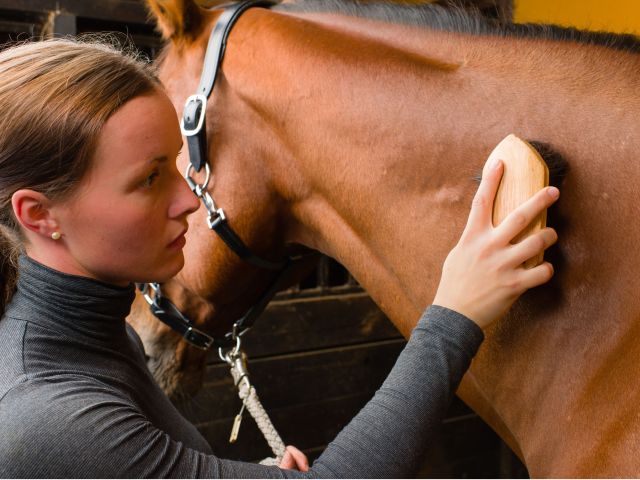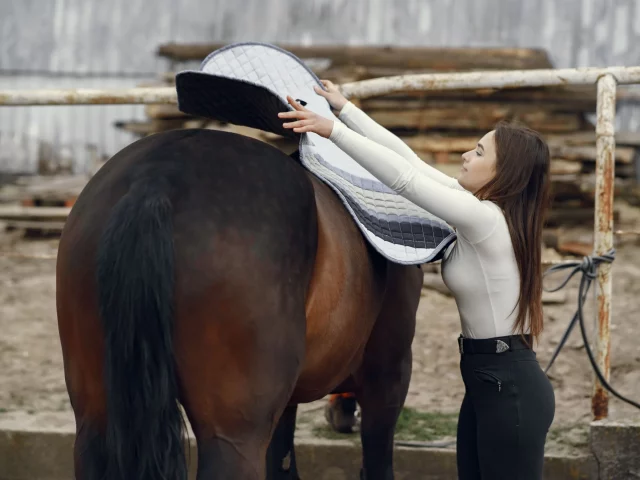Over the past fifteen years or so, the equine world has undergone a veritable revolution in its approach to care. Long focused on a curative approach, intervening once a condition has developed, equine care is now evolving towards a holistic, preventive and integrative vision of wellness.
Horse performance is not solely based on the quality of training, genetic aptitude or technical skill. It is part of a holistic approach in which physical, mental and emotional balance play a decisive role.
When temperatures drop, a horse's body must constantly adapt to maintain its thermal balance. This adaptation, although natural, causes numerous changes in the muscles, fascia and joints. In winter, massaging your horse becomes much more than just a moment of relaxation: it is a real tool for prevention, comfort and performance.
Lameness in horses is one of the most worrying signs for a rider or owner. It almost always indicates pain, imbalance or musculoskeletal damage, ranging from a simple muscle spasm to a more serious injury.
Knowing about a horse’s muscles gives you a better understanding of its movement, locomotion and comfort. Each muscle plays a specific role in propulsion, balance, flexibility and posture.
Studying equine myology is never easy. Whether you are studying for a BTS in animal production, animal osteopathy, veterinary school or a course related to horse riding, you already know that this subject requires rigour and memorisation.
Whether you are a leisure horse owner, an experienced rider, or a professional in the equestrian world, it is essential to always have a complete and well organized horse care kit on hand.
After a long ride, demanding training or competition, your horse deserves your full attention. Like an athlete, he needs specific care to recover effectively and avoid injury. These recovery gestures are not only beneficial for his well-being, they’re essential for preserving his health over the long term.
In the field of equine care, thermotherapy is a method increasingly used by professionals and horse owners alike. This therapeutic approach involves applying heat or cold to certain areas of the horse’s body to relieve various ailments, improve recovery or even prevent certain injuries. Complementing a healthy lifestyle and appropriate training, it is a genuine ally for the animal’s overall well-being.



